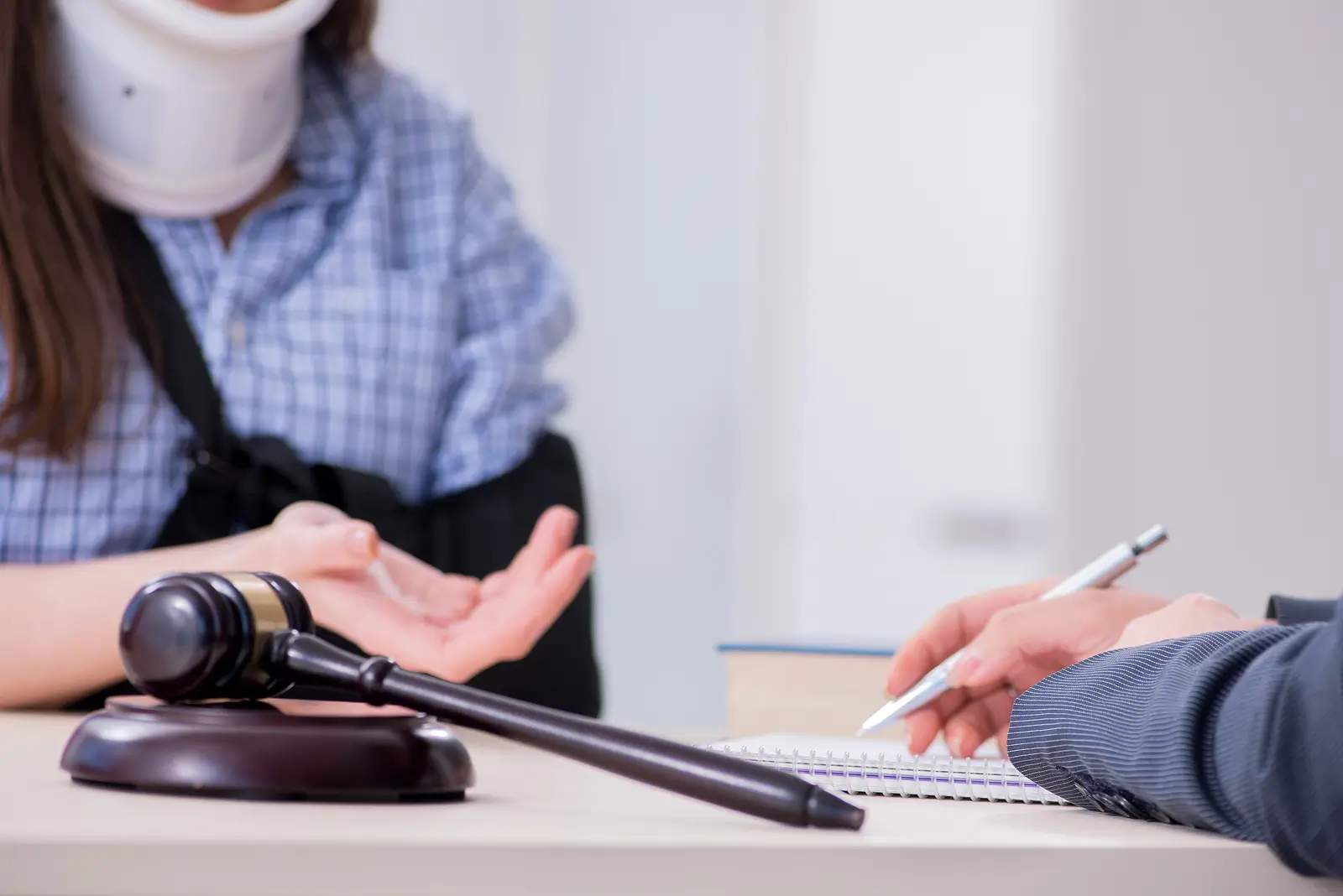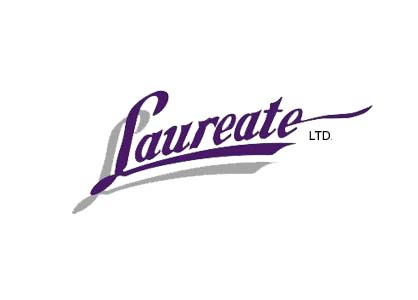Owning rental properties isn’t just about collecting rent checks; it’s about ensuring the safety and well-being of your tenants. Ignoring this duty opens the door to injury claims, lawsuits, and costly financial setbacks.
So, when exactly are you, as a landlord, liable for tenant injuries? Let’s dive into the details.
Key Takeaways
Regular property maintenance and inspections are essential to avoid tenant injury claims and ensure compliance with premises liability law.
Landlords can be held liable for unsafe rental property injuries caused by negligence, such as broken stairs, faulty wiring, or untreated mold.
Proactively addressing hazards and investing in landlord liability insurance can protect you from costly lawsuits.
What Is Landlord Liability?
Landlord liability for tenant injuries falls under premises liability law, which holds property owners accountable for maintaining a safe environment.
As a landlord, you have a legal duty of ensuring that your rental property is free from hazards that could harm tenants or visitors.
Failing to meet this obligation can result in tenant injury lawsuits and significant financial consequences.
Negligent Maintenance
One of the most common causes of tenant injuries is landlord negligence in property maintenance. Broken stairs, faulty wiring, and leaky roofs are some of the hazards that can lead to unsafe rental property injuries.
Ignoring maintenance requests or delaying repairs can make you liable for tenant injury compensation. Regular inspections and prompt action are your best defenses against negligence claims.
Unsafe Common Areas
Common areas like hallways, staircases, and parking lots are your responsibility to maintain. Poor lighting, slippery floors, or debris in these spaces can lead to tenant injuries due to landlord negligence.
To avoid liability, ensure these areas are well-lit, clean, and free from hazards. Installing proper signage and conducting regular checks can go a long way in preventing accidents.
Mold and Toxic Exposures
Mold-related health issues are a growing concern for tenants and a significant liability for landlords. Untreated mold, asbestos, or lead paint can cause severe health problems, making you liable for tenant injury compensation.
Addressing these issues promptly and complying with health and safety regulations can protect your tenants and wallet.
Criminal Acts and Security Failures
Did you know you could be held liable for injuries caused by criminal acts on your property? If a tenant is harmed due to inadequate security measures, such as broken locks or poor lighting, you may face a tenant injury lawsuit.
Installing security cameras, maintaining locks, and addressing tenant concerns about safety can help you avoid such claims.
Fire Hazards
Fire safety violations are another common cause of landlord liability. Missing smoke detectors, blocked emergency exits, or faulty electrical systems can lead to tenant injuries due to poor maintenance.
Routine fire safety checks and compliance with local codes protect both tenants and landlords.
When Is a Landlord Not Liable?
Landlords carry significant responsibilities, but there are certain situations where they may not be held liable for tenant injuries:
Landlords are not liable if a tenant’s misuse of the property causes their injury.
Unforeseeable events like natural disasters or accidents beyond the landlord’s control generally do not result in liability.
Lease agreement clauses may limit a landlord’s liability, provided they comply with local laws.
How Landlords Can Protect Themselves
Being proactive is the most effective way to avoid tenant injury claims and protect yourself as a landlord. Start by conducting regular inspections to identify and address potential hazards before they escalate into serious issues.
Ensuring your property complies with all safety codes and regulations is equally important, as it demonstrates your commitment to maintaining a safe environment for tenants. Investing in landlord liability insurance provides a safety net to cover potential claims and legal fees, offering you peace of mind.
Finally, maintain clear communication with your tenants by educating them on their responsibilities and encouraging them to report any hazards promptly.
This proactive approach minimizes risks and fosters a positive landlord-tenant relationship. Hazards are promptly addressed.
Landlord Liability for Slip and Fall Accidents
Slip and fall accidents are among the most common tenant injury claims. These often occur in common areas due to wet floors, icy walkways, or uneven surfaces. To avoid liability, ensure these areas are well-maintained and free from hazards.
Landlord Liability for Mold-Related Health Issues
Mold can cause respiratory problems, allergies, and other health issues. If a tenant can prove that untreated mold in your property caused their illness, you could face a tenant injury lawsuit. Regular inspections and prompt remediation are crucial.
Landlord Liability for Fire Safety Violations
Fire safety should never be overlooked. Missing smoke detectors or blocked exits can lead to severe injuries and significant liability. Regularly test fire safety equipment and ensure compliance with local fire codes to protect your tenants and yourself.
Landlord Liability for Security Failures
Inadequate security measures can make you liable for injuries caused by criminal acts. Typical examples are broken locks, poor lighting, and a lack of security cameras. Addressing these issues proactively can prevent tenant injury claims.
Your Property, Your Responsibility—Our Expertise
Owning rental properties comes with its fair share of challenges, but landlord liability doesn’t have to be one of them. By staying proactive, maintaining your property, and investing in landlord liability insurance, you can protect yourself from costly lawsuits and ensure tenant safety.
If you’re unsure where to start or need help navigating the complexities of premises liability law, and other property management matters we’re here to help.
Our team at Laureate LTD will help you safeguard your investments and keep your tenants safe.
FAQs About Landlord Liability
1. Can a landlord be sued for tenant injuries caused by natural disasters?
No, landlords are generally not liable for injuries caused by natural disasters unless negligence, such as failing to address known structural issues, contributed to the harm.
2. What should landlords do if a tenant refuses to report hazards?
Encourage tenants to report hazards through clear communication and regular reminders. Document your efforts to show you’ve taken reasonable steps to ensure safety.
3. Are landlords responsible for injuries caused by tenant guests?
Yes, landlords can be held liable for injuries to tenant guests if the injury resulted from unsafe conditions on the property that the landlord failed to address.
Other Resources:
Key Clauses Every Landlord in Denver Should Include in a Lease Agreement



